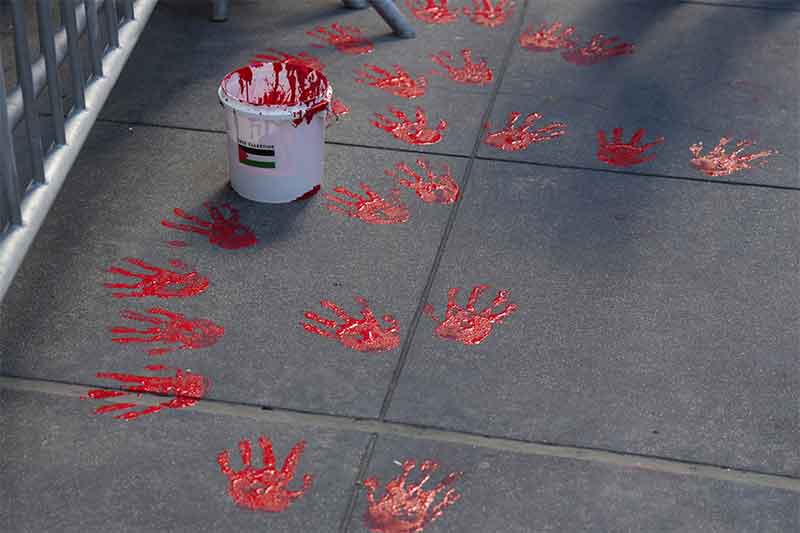
A poet in Russia is more than a poet,” Yevgeny Yevtushenko, a leading author of his time, famously stated. He knew what he was talking about. During Nikita Khrushchev’s cultural years of Thaw, Soviet poets were public figures like rock stars. They performed to sell-out crowds, predicted the future and helped get over the past.
Poetry, like any form of art, became a powerful form of expression for both artists and listeners. Their collections of poems sold several million copies. “The new kids on the block” were so popular they drew large crowds of admirers that gathered inside packed football stadiums, as a critic has noted.
Yevgeny Yevtushenko (1933-2017) achieved an almost godlike status among the poets and became the leading figure of the so-called ‘Sixties Generation’ in the Soviet Union.
Last December thousands of people thronged the Dhyanchand stadium in Delhi to listen to Urdu poetry recital. The New York Times took note of it.
It all began in 2013 with a website, Rekhta.org, started by Sanjiv Saraf, an engineer and businessperson who was a lifelong lover of music set to Urdu poetry and had just begun learning the script at age 53.
He wanted to make a small number of good Urdu poems accessible by presenting each in three different scripts: in the original Urdu; in Devanagari, the script of Hindi; and in English transliteration. Readers could click on any word to get a pop-up of its meaning
One thought of this after hearing some observations made by Kishore Kadam, prominent poet and stage and film actor during a conversation at the Asiatic society hall in Mumbai earlier this week.
He said he made good money through poetry recitals with some other poets but then realised that he must give up recitals which compromise one’s writing, one must concentrate on writing a poem as one wants to. Only then it will be truly creative. It should not be related to the demand of the recital format.
True, there is a school of thought which believes in this, Dilip Chitre is cited in this regard. But on the other hand there is enough evidence that popular rendering in no way affects your serious writing. The idea came to mind when I saw a small memorial created in memory of Vinda Karandikar, Jnanpith award poet, in Chetana college in Bandra east . the occasion was a lecture delivered by Damodar Mauzo, Konkani writer and Jnanpith award winner. Vinda gave a number of popular recitals along with two other prominent poets Vasant Bapat and Mangesh Padgaonkar.
Kishore Kadam has a most unusual career. He sat in the law row in class in municipal school, had an inferiority complex over his background of poverty, a dark skin, and not the best of looks.
He felt isolated. To overcome this he started writing poetry and his life was changed when he met Satyadev Dubey, theatre director, whom he treats as his guru as do many others.
His first anthology of poems is called Baul, he took inspiration from the Baul singers of devotional poetry of Bengal who walked from one village to another with just a bowl and music instrument never staying in one place.
He likes to take long walks, alone, away from the crowds, not wanting to be recognised by any one.
He got a number of roles in theatre and films from some of the best directors but then suddenly stopped getting roles. He is a poet and an actor but there is a general feeling that one can be good in only one field. That is quite unfair. Interestingly, that is also the experience of Gulzar, poet and film director, who treats Kadam as a friend. People do not tend to accept that one can be good in two fields.
Kadam also memorized the whole famous novel Anand Owari of D.B.Mokashi and did public reading with the direction of Atul Pethe.
Kadam was in conversation with Ajit Bhure, actor, and Meena Vaishampayan, writer.
Mauzo, Konkani writer, whom I referred to earlier, made some important points on the issue of language, how regional languages were being discriminated against in favour of English. Konkani was banned by the Portugese early in their rule in Goa and still faces discrimination.
He is very upset with Rushdie for calling Bhalchandra Nemade, Jnanpith award winner, and old bastard, in response to Nemade’s criticism of alienation of writers of English in India
Vidyadhar Date is a senior journalist, culture critic and author of a book on public transport
















































